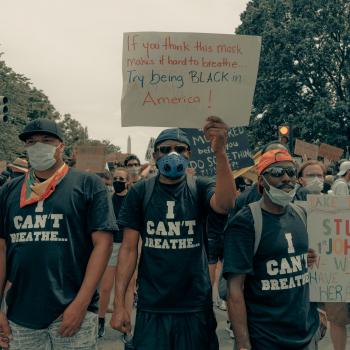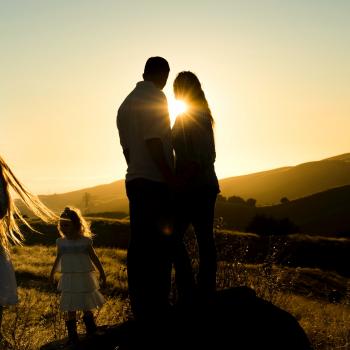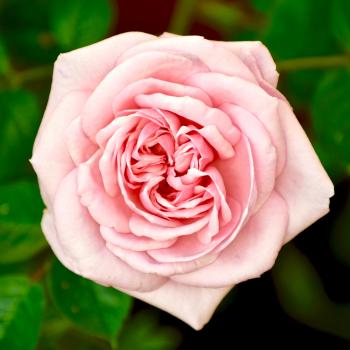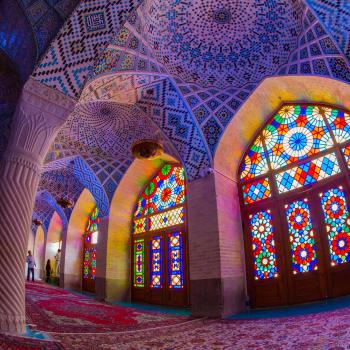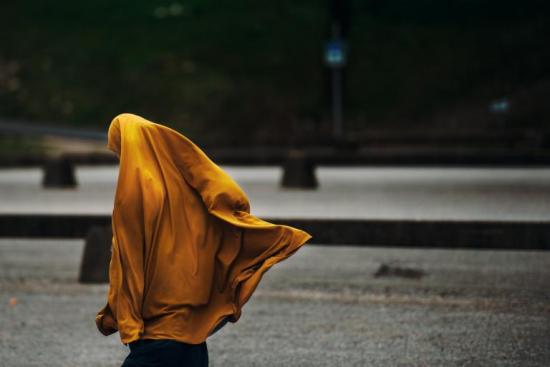
The subject of sexual abuse in very taboo when it comes to Muslim women. It is something which is usually not talked about openly. But with the recent “Me, too” movement, many women are now talking and revealing their past sexual abuse experiences.
In the Muslim world, women are often punished and blamed for their past sexual abuse experiences. Many have been considered to have committed fornication or adultery, and are punished for the abuse they have experienced. Some are punished by death or imprisoned. There are honor killings, and some are married to their rapists or abusers. They are shunned by society. Their reputations ruined. Some are considered too damaged to get married at all. (To be clear, this is totally un-Islamic and a backwards cultural view.)
What about the converts in Western society who come to Islam with a sexual past? In Islam, once you convert it is said that all your sins are forgiven. It is also the same with Hajj. Even a person who sincerely repents in the privacy of their own home (whether a convert or not) is forgiven for their sins… But somehow in the eyes of people, none of this erases the shame of a woman’s sexual past. Even if she is a victim of sexual abuse and has nothing to repent for, her past is held against her as if she is impure.
I could easily become part of the “Me, Too” movement like so many women. Being a victim with a devastating sexual past, it almost destroyed me.
Sexual abuse is very damaging to women. It is usually perpetrated by someone that the person trusts, and it a grave violation of that trust. It can be devastating and even scar a woman for life, especially if it happened during childhood. Many fall into severe depression; others suffer from severe mental illness or PTSD. It causes immense shame and blame. Others may be blamed even within the family and society, making the woman or child an outcast. It can lead to addiction. It can lead to promiscuity, as a way of acting out. Women may develop an intense fear or hatred of men. Many have flashbacks.
I am actually telling my own story, that of what I have experienced. I could easily become part of the “Me, Too” movement like so many women. Being a victim with a devastating sexual past, it almost destroyed me. It has taken away my sense of dignity and decency. Many nights I cry over it, even though it was in the far past. I cannot be alone with a man or get into a taxi if a man is driving. I feel very nervous if I do not know a man that well. I often fear of being approached by a man or someone offering to give me a ride. I cannot watch violence or scenes of sexual abuse on television because it triggers my PTSD. It traumatizes me.
Now coming in to Islam, there is shame facing one’s husband due to many people’s cultural views as well as self-blame. Some husbands torment the woman or divorce her if he finds out she has a past. I was more fortunate. I told my husband what had happened to me early on, so if he wanted to change his mind about me he could. Instead, he wept for me. I then became his total responsibility after marriage. When I cry at night because of flashbacks or bad dreams, he holds me. He never held it against me. Still I felt scarred and ashamed and mistakenly, I was not sure he felt the same about me because of my feelings of being impure.
Somehow in the eyes of people, nothing erases the shame of a woman’s sexual past. Even if she is a victim of sexual abuse and has nothing to repent for, her past is held against her as if she is impure.
How does one wear the hijab, which promotes modesty? How does one go to the prayer rug while feeling so impure? How does one feel good enough and not damaged? How does one not feel ashamed or like a hypocrite to wear the hijab or dress modestly when one has been violated? One feels at fault. We cannot forgive ourselves.
I went to Hajj, and because of these issues, I felt I was not ready and I did not belong there. I was not purified enough. Sometimes women can’t pray. Some not able to deal with the conflict, walk away from Islam. One feels isolated and alone, feeling no one else is going through this. That everyone else is perfect.
We are very distressed. Just as priests or other clergy have victimized women, Muslims have not escaped this. It is very hidden within the Muslim community. Female converts are often exposed to this. They lose faith; we are very sensitive to this.
There is an emphasis in Islam that it gives women dignity and places women in a very high position. This is a very different perspective, if one truly follows the Qur’an.
How do we gain back our confidence and dignity? There is an emphasis in Islam that it gives women dignity and places women in a very high position. This is a very different perspective, if one truly follows the Qur’an.
In Western culture, it seems normal to be highly sexualized, and it seems alright to be looked at sexually and to be victimizing women and children, because they are supposedly weaker. I do not understand a man’s conscience or his urges. How he can use women or take advantage or women? I simply do not understand a man’s mind. But women who are dressed modestly are often treated differently, less victimized, and given respect and dignity. Their pasts can be either forgotten or forgiven.
In the right situation, sexuality is a way a woman and man become united with one another. Why should it become twisted and corrupted, when it is such a beautiful act that God has given us to become companions and garments to each other? It is something that draws us emotionally closer to each other, the ultimate act of love.
Once we become mothers, we should teach our daughters not to feel ashamed and tell them every day that they are special and beautiful. That they have value.
A woman should not live in silence or be judged. We forget that God is very merciful. He is very aware of what is in our hearts. He is very aware of what we have done wrong, and things that were not our fault. If only human beings were like that. In Islam, we can feel cleansed. Instead of emphasizing God’s punishment which we hear too often at the mosque on Fridays, we should emphasize His mercy.
Why can we not focus on Gods’ mercy for ourselves, and for others? Ar-Rahman means the Most Merciful, but it is also the word for womb. God’s love for us is like a mother loves her child, and even more than that. The universe is God’s creation and we exist inside of it, like a child exists safely in a mother’s womb. The mother and woman are sacred because we give life. I feel God explains punishment in the Qur’an as a way to deter sin. His Mercy is a thousand, billion, endless times over His punishment. His forgiveness is the same.
Whether we feel comfortable to wear a hijab after all this is up to us. We should feel cleansed and sacred before God. Once we become mothers, we should teach our daughters not to feel ashamed and tell them every day that they are special and beautiful. That they have value. And we should protect them—otherwise someone else will and try to take advantage. For our daughters we should be examples and teach them to be strong. We should teach them that there is value in being modest and dignified, and that a woman should not be afraid to wear a hijab after all this, but to wear it as a badge of wisdom and courage.
Stephenie Bushra Khan is a converted Muslim, a poet, and local artist in Temecula, California. She is originally from Winchendon, Massachusetts.
Follow Mostly Muslim on Facebook HERE.
Want your voice to be heard? JOIN OUR TEAM or send your guest submission to [email protected]! Visit the “Contribute to MM” page for more details.



